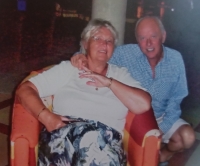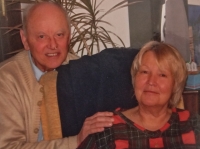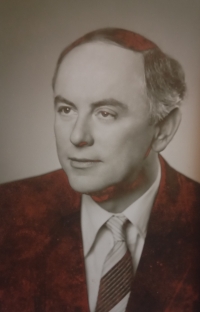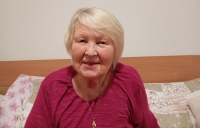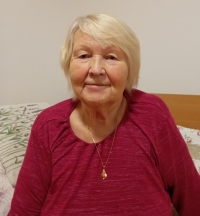I left the church because of graduation
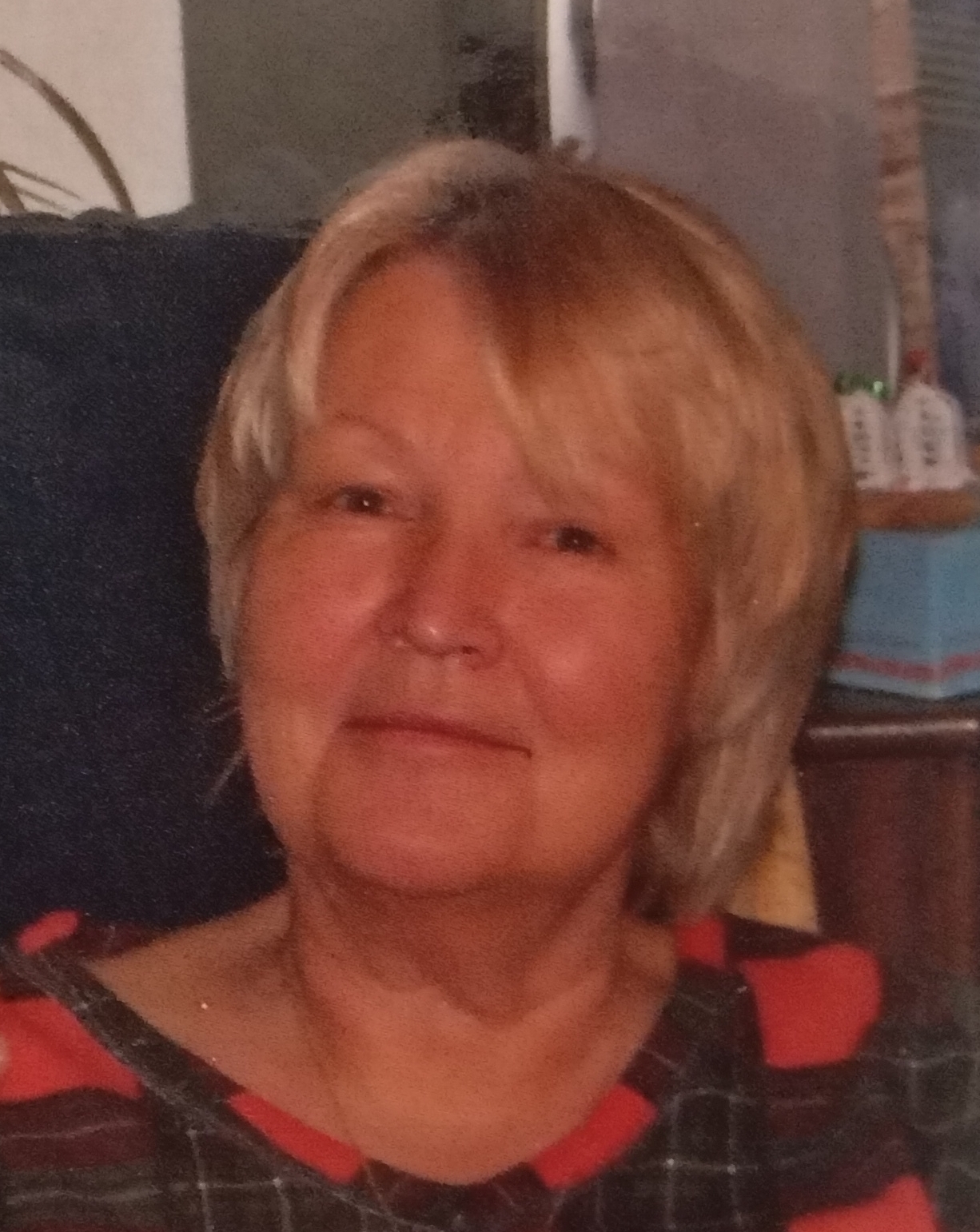
Download image
Bohumila Cihlářová (née Cachová) was born on 18 March 1940 in Proseč, Chrudim region, into the working-class family of Jiřina and Bohumil Cach. During 1942 an anti-Nazi partisan resistance was formed in the village. In November 1944, this group, called the Council of Three, was one of the largest organisations of anti-Nazi resistance in the then Protectorate of Bohemia and Moravia. Bohumila Cihlářová’s parents joined the resistance by providing material aid to the partisans. Bohumil Cach joined the Communist Party after the victoty of communists in February 1948, but under the pressure of the unfortunate events, trials and persecutions of the 1950s, he left it again. Just before the currency reform, the family bought a house on the square from a high state official, thus ensuring that, unlike many others, they did not lose all the money they had saved. In order to successfully graduate from the Secondary Pedagogical School in Vysoké Mýto in 1958, she had to write in her own handwriting that she was renouncing her Catholic faith and that she was also leaving the church. Bohumila Cihlářová married her husband Otto, who later became a teacher, in the early 1960s. The young family moved to Bystré in the Svitavy region, where the later banned film All the Good Natives was filmed during the Prague Spring - only during this filming the witness learned about the heavy pressure on the farmers that had taken place in the 1950s. Bohumila Cihlářová was living in the Home for the Elderly in Rožnov pod Radhoštěm in 2024.
